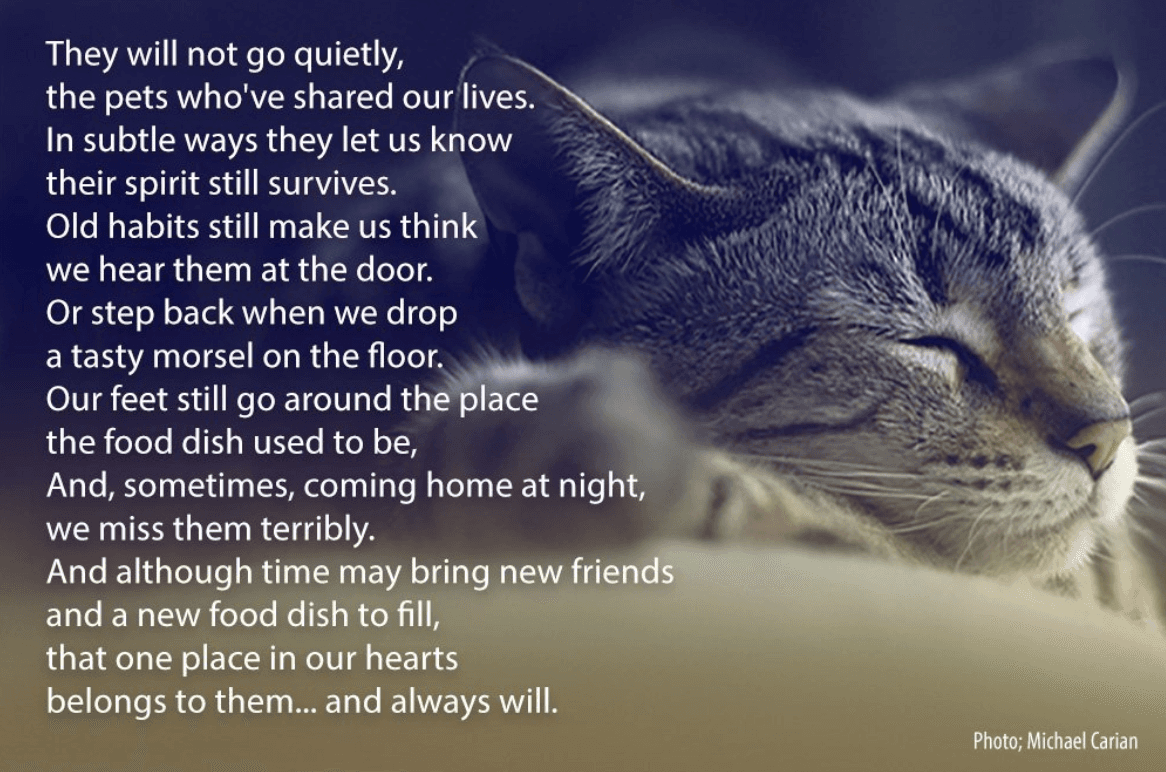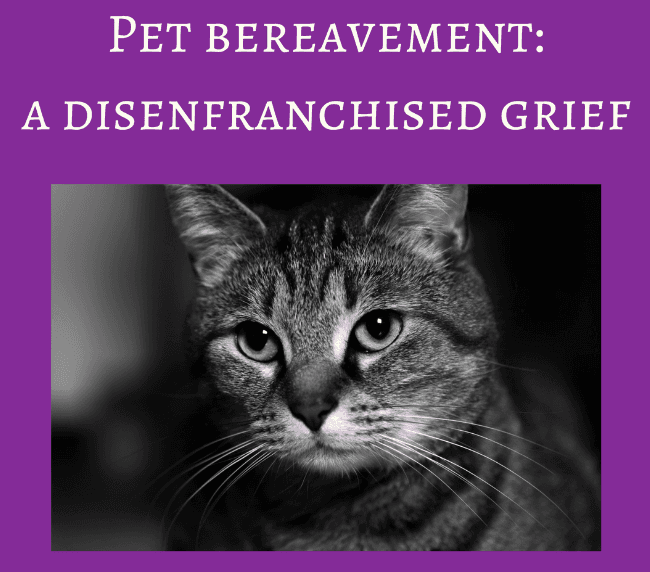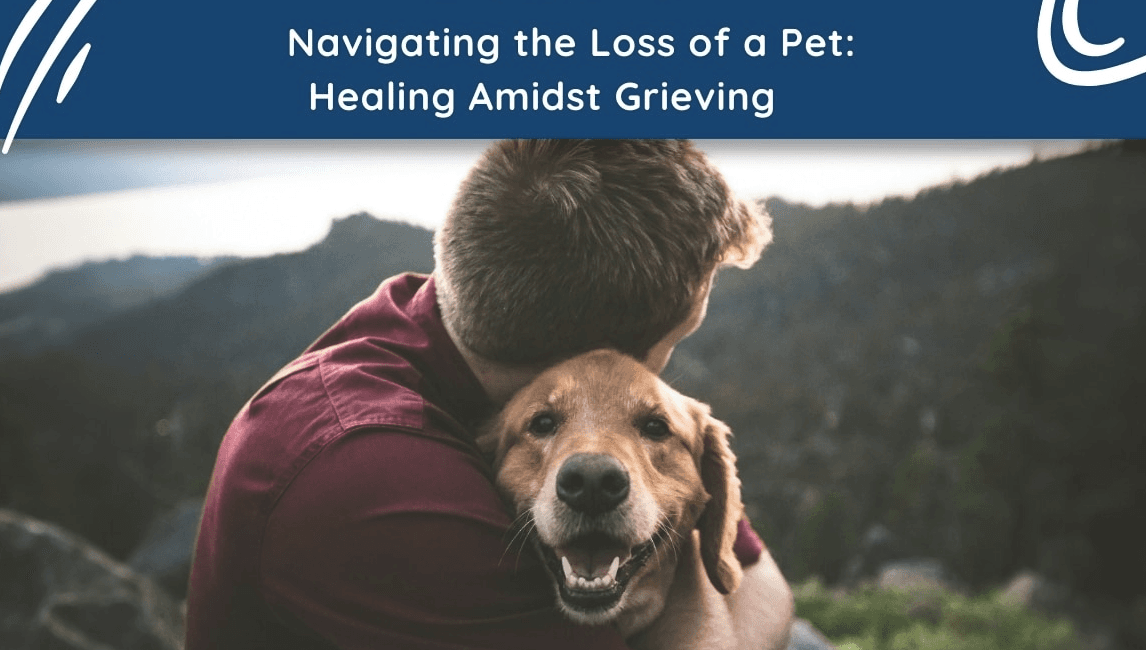Oct 29, 2024
Losing a pet can feel like losing a family member. For many of us, the bond we share with our furry companions is profound, often rivaling or even surpassing our human relationships. Pets provide unconditional love, emotional support, and companionship, filling our lives with joy and comfort. However, the grief that follows their loss is often overlooked or dismissed, leading to what is known as disenfranchised grief - grief that lacks social acknowledgement and support. Grieving a pet is entirely valid, and I want to share some coping strategies to navigate this difficult journey.

The Emotional Toll of Losing a Pet
Grief That Matches Human Loss
Research indicates that the emotional upheaval following a pet's death can be as intense as, or even greater than, the grief felt after losing a human loved one. Many pet owners form deep emotional bonds with their animals, viewing them as family. Owners often experience significant depression, anxiety, and even physical symptoms in the wake of their pet's passing.
Unique Challenges of Pet Bereavement
Pet loss comes with its own set of complexities. Unlike human deaths, which often involve established rituals and social support systems, losing a pet can often leave pet owners feeling isolated. The decision to euthanize a beloved pet, while often necessary, can lead to feelings of guilt and self-blame. Additionally, the loss of a pet can strip owners of their caregiving role, creating a sense of purposelessness and amplifying their grief.

Understanding Disenfranchised Grief
The Nature of Disenfranchised Grief
Disenfranchised grief refers to grief that isn't recognized or validated by society. In the context of pet loss, many people may dismiss the grief, believing that the death of an animal isn't significant enough to warrant deep emotional pain. Comments like, "It was just a dog. You can get another"can minimize the loss. This lack of recognition can leave pet owners feeling alone and unsupported, further complicating their healing process.

Coping with Pet Loss
Validate Your Feelings
First and foremost, it's important to recognize that your grief is valid. Allow yourself to feel sadness, anger, and even guilt.
Seek Support
Look for communities or support groups where you can share your feelings with others who understand. Many organizations focus on pet loss support, providing a comforting space for discussing your experience.
Create Rituals
Consider holding a ceremony or creating a tribute for your pet. This can help you process your feelings and celebrate the joy they brought into your life.
Professional Support
If your grief becomes overwhelming, don't hesitate to seek professional help. There are therapists specializing in pet loss, who can offer invaluable guidance and support.
In the end, the bond between humans and their pets is undeniable, and the grief that follows their loss deserves to be acknowledged and supported. By understanding the emotional impact of pet loss and the societal constraints around it, we can create a more compassionate environment for those grieving. Remember - it's okay to grieve your pet deeply - after all they were more than just animals, they were family.
Stay tuned for Part 2, tomorrow: Honoring the Deaths of Pets: A Growing Trend

